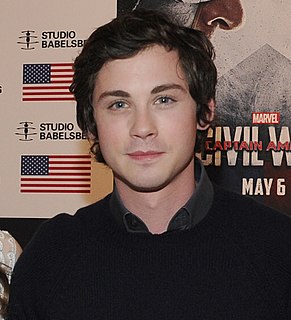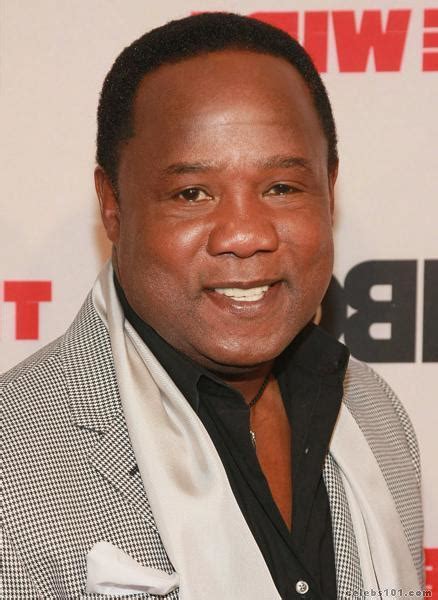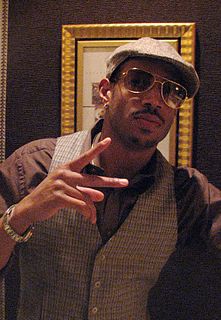A Quote by Tom Stoppard
It's not so much that I enjoy screenwriting, though mostly I do, but the difference is, with adaptations, somebody else has done the hard part - made up a story, provided the characters.
Related Quotes
Translation is harder, believe it or not. You do have to come up with a story, and actually I'm mystified by that process. I don't exactly know how the story just comes, but it does. But in writing a story that you're inventing, versus writing a story that somebody else has made up - there's a world of difference. In translation you have to get it right, you have to be precise in what you're doing.
I've quit writing screenplay [adaptations]. It's too much work. I don't look at writing a novel as work, because I only have to please myself. I have a good time sitting here by myself, thinking up situations and characters, getting them to talk - it's so satisfying. But screenwriting's different. You might think you're writing for yourself, but there are too many other people to please.
If the book is finished—published and on the shelf—I do not think of revising it. But if I'm not finished psychologically with characters, they will recur, either as themselves or as new, slightly altered manifestations, and their same issues will reappear. It's a matter of the subject and emotional investment and my own obsessive thinking about various issues It's an unconscious process. To say that a single story is not done isn't quite true. A story can be finished and judged successful or not by somebody else, but if the issue is not done for me, I can count on its reappearance.
A story is a story is a story. The only difference is in the techniques you bring to bear. There are always limitations on what you can and can't do. But I enjoy that. Just like when you write a sonnet or haiku, there are rules you have to abide by. And to me, playing within the rules is the fun part. It keeps the brain fresh.
Some people don't have an open mind, and when I was traveling to different places I think I found it hard to enjoy things. You know, I come from a great city where there are lots of things happening, and if you end up in a small town where you don't have all those things you can feel the difference. Somewhere along the way, though, I think I learned to appreciate the difference.
We can carry the burden of hurt throughout our lives. We can make the hurt that we have experienced the defining aspect of our stories of ourselves. That means that somebody else gets to say who we are, somebody else gets to decide how we feel, and somebody else gets to decide how we see the world. Forgiveness not only frees us from the burden of someone else's opinion of us, but it allows us the opportunity to really write a story of ourselves that we can love, enjoy, relish, and live into.





































